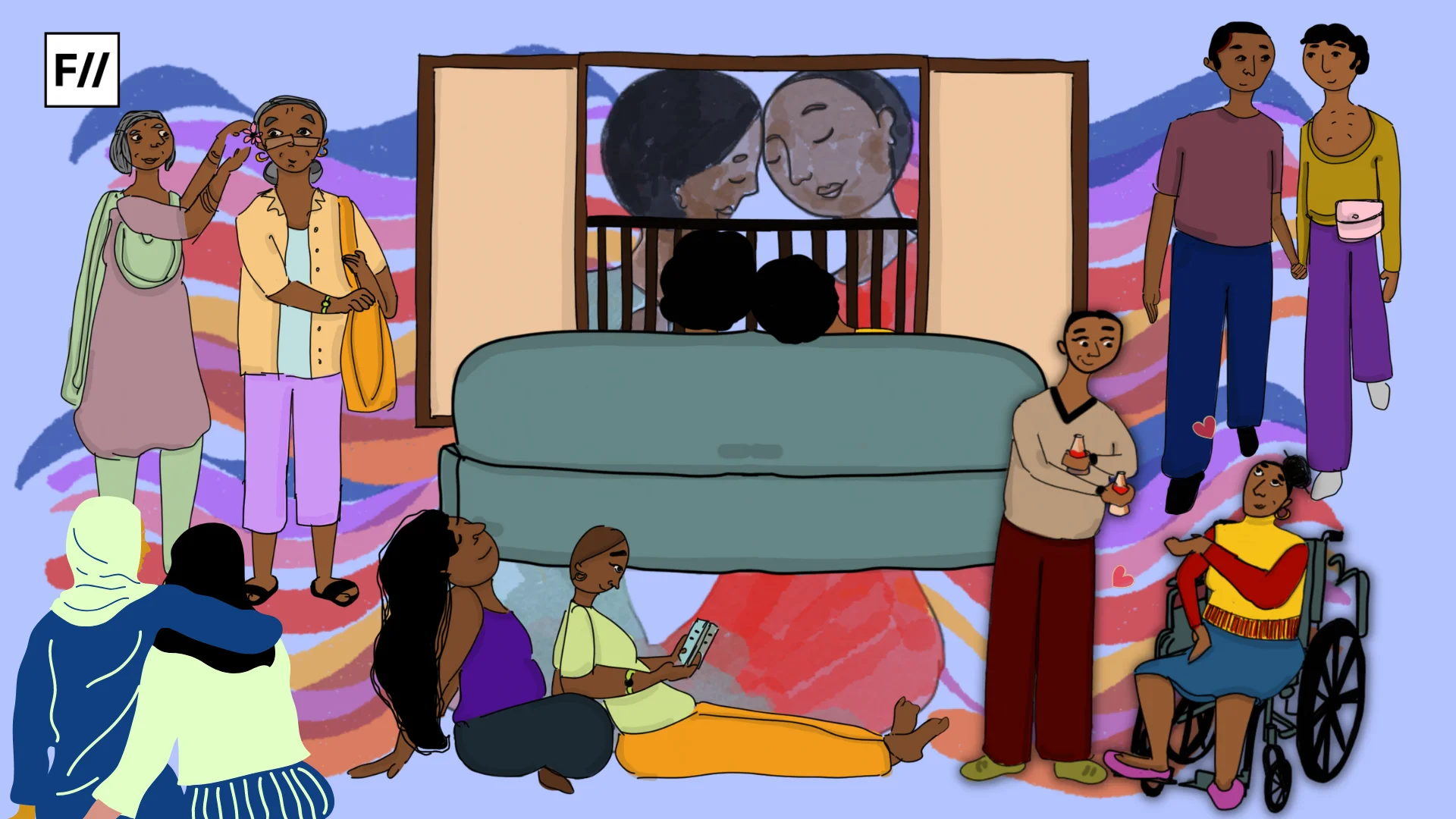With the arrival of winter, it’s not surprising that you’re losing more hair in the shower than usual. The hair loss you’re likely to experience during the winter is cyclical, just like your skin health is. Excessive hair loss in the winter is primarily caused by the dry air outside, which sucks out all of the moisture from your scalp and causes it to become dry.
A dry scalp leads to dry hair, which leads to hair damage, breakage, and loss. Dandruff is caused by a dry scalp, making your head itchy and unhealthy. This, combined with arid air, can result in significant hair loss during the winter.
Even those with the healthiest hair face challenges at this time of year. If you’re wondering what you can do to keep your hair from falling out or breaking during the colder months of the year, keep reading to find out how to stop hair loss in winter!
Why does it happen?

1. The cold air is sucking out all of the moisture
During the winter, the outside air is devoid of moisture and humidity. The cold air also gently lifts your hair strands, allowing moisture to escape from the hair shaft. Hair that is deficient in moisture is more prone to shedding and breakage. As a result, when you brush your hair before going to bed, you will notice an increase in the number of hair strands in your brush.
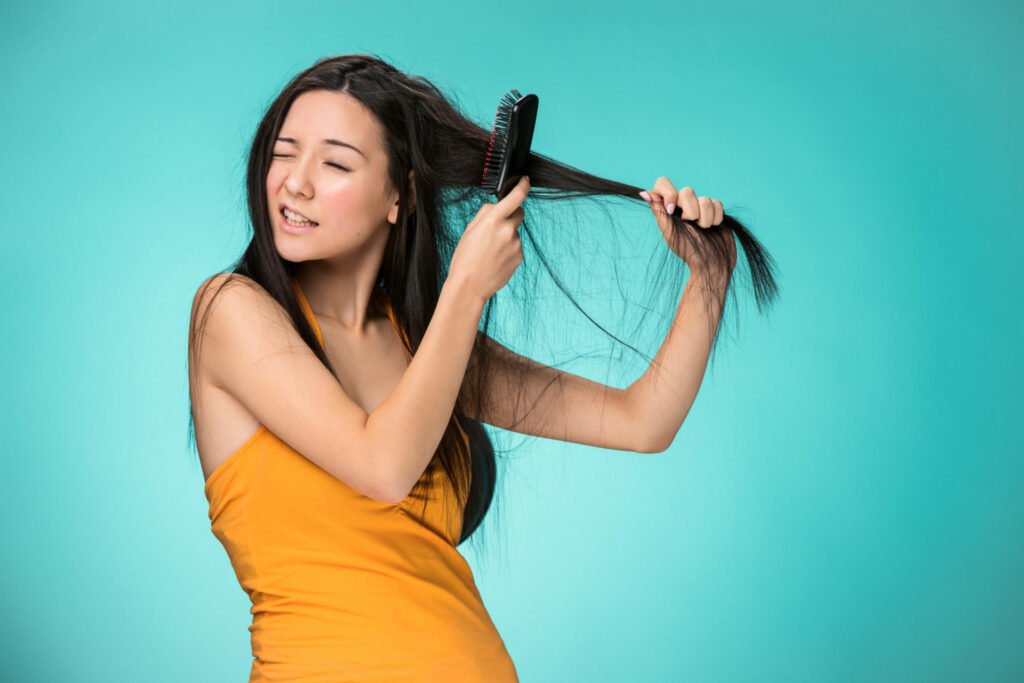
2. Woolen headgear does more harm than good
Speaking of headgear, while woolen beanies and cotton scarves keep your head warm in the winter, they can cause excessive friction and cause hair loss. Wearing a head covering all day restricts your hair’s ability to breathe and depletes its moisture. To avoid this, use silk scarves and blended wool fabrics, which are gentler on the hair and reduce friction and breakage.
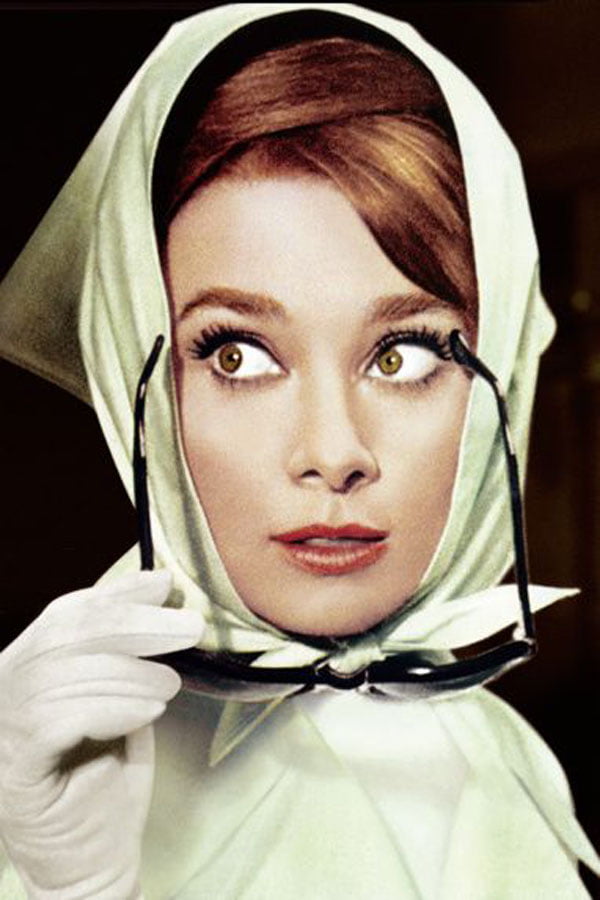
3. Your steamy showers are weakening your strands
While a simple humidifier can help hydrate dry hair, getting it from your shower is not recommended. Steamy showers are known to lift the cuticles of your hair, causing moisture loss, dehydration, and hastening the fading of your expensive hair colour. To avoid this, always wash your hair with lukewarm water and finish with a cold water rinse. This is because cold water closes the hair cuticles, which helps to preserve your scalp’s natural oils, retain moisture, and give your hair a healthy shine.
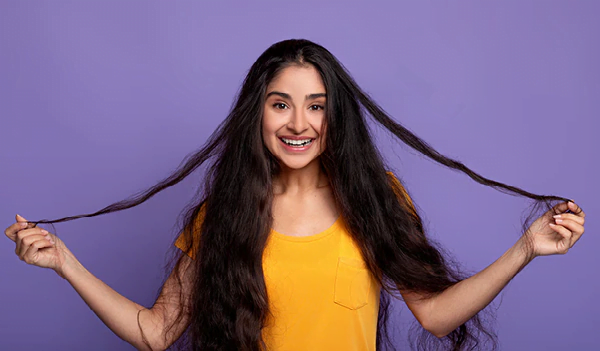
While we’re on the subject of hair washing, it’s critical to include products designed specifically to reduce hair fall in your routine. With regular use, the Dove Hair Fall Rescue Shampoo + Conditioner has been shown to reduce hair fall by up to 98%. The formula contains 14 moisturizing milk and Nutri-lock fiber actives, which help lock in essential nutrients and fortify the fibers from within. If you ask us, this is a must-have in your winter hair routine.
How to Deal with Hair Fall in Winter
1. Oil massages
In the winter, nothing beats a good scalp massage for your hair. This improves blood circulation to the scalp, which strengthens the hair follicles from within.
Warm up 2-3 teaspoons of olive or almond oil and gently massage it into your scalp to help it penetrate deep into your hair roots. You can also apply the oil to the length of your hair for deep conditioning. Aside from being extremely relaxing, oil massages are an excellent way to provide your hair and scalp with the vitamins they require to combat the winter winds. Massage your hair with oil on a regular basis to maintain its strength and shine, improve blood circulation, and nourish your hair cuticles. Monitor your vitamin B levels because vitamin B12 promotes healthy hair growth. You can buy products for hair fall in winter at a medical store near you.
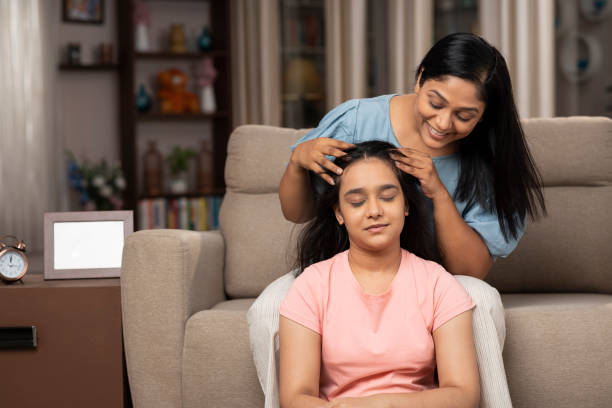
2. Look for the actual cause of hair fall
Simple daily habits such as stress and nutritional deficiencies can all contribute to your winter hair loss. Consult a trichologist to learn how to keep your strands lustrous and healthy. Your doctor may suggest certain health tests to help you understand your health numbers and blood parameters. A complete blood picture can assist your doctor in ruling out systemic diseases that may be causing the condition of your hair and scalp. Schedule a blood test right away.
3. Eat healthy and stay hydrated
Unhealthy diets, combined with a lack of essential vitamins, minerals, and other hair nutrients, can lead to hair loss. Vitamin A stimulates healthy sebum production in the scalp, vitamin E stimulates blood circulation in the scalp to help hair follicles remain productive, and vitamin B aids in hair health maintenance. A poor diet combined with nutritional deficiencies reduces your body’s ability to produce new hair follicles. In cold weather, make sure to consume enough green meals and proteins. Consuming lean meats, curd, fish, soy, and other proteins promotes hair growth and reduces hair loss.

4. Use the right kind of hair products as per your hair type
You use numerous hair products, such as hair oils, shampoos, conditioners, and hair masks. Choosing the right hair product for your needs is an important step in preventing hair loss. If you have dry hair, for example, choose products that provide deep conditioning.
Moisturizing with conditioner is an important step in the hair care routine that is far too often overlooked. In fact, it is the most important step in the winter. Conditioning helps your hair’s outermost layer, the cuticle, look healthy and shiny. Conditioning after each wash ensures that the cuticle serves its intended purpose as a protective shield. When shopping, look for a conditioner that contains cetyl alcohol, which is a good moisturizing agent.
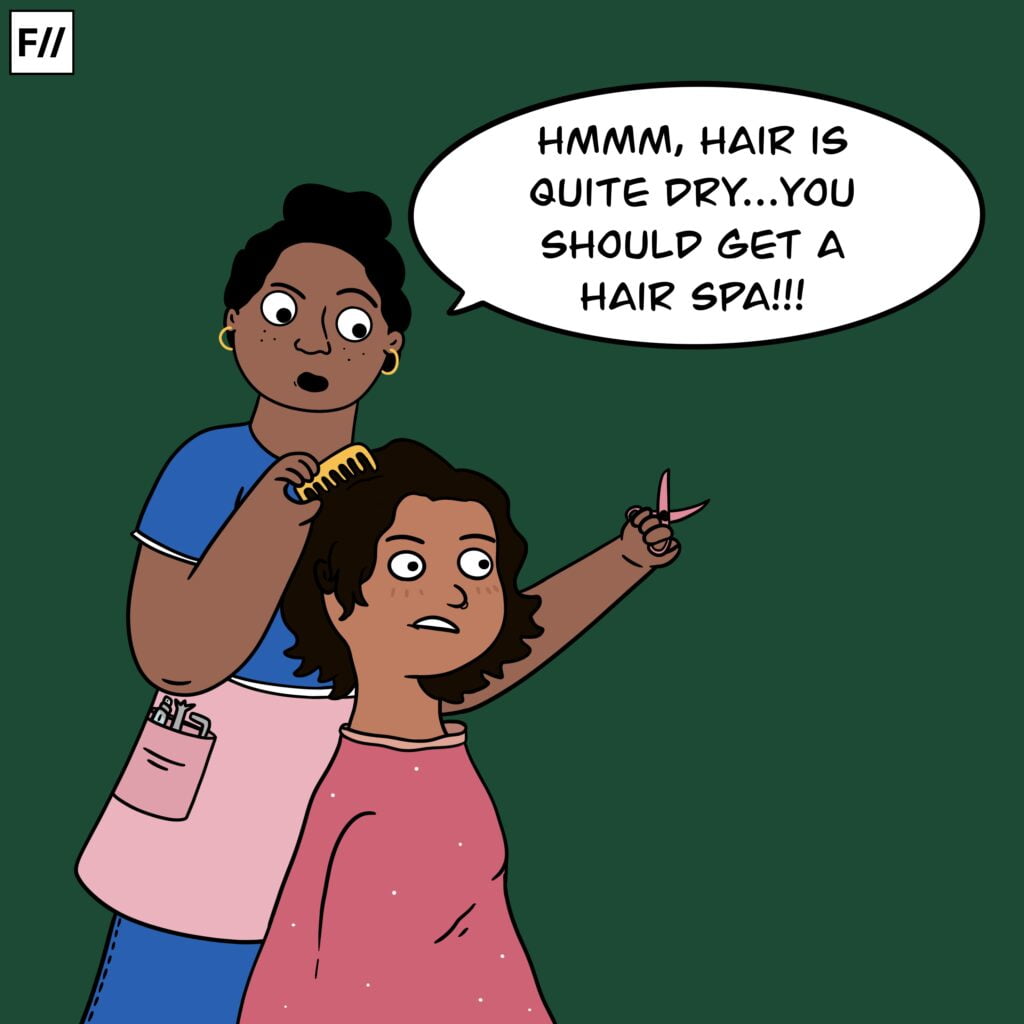
A deep-conditioning hair mask is also an excellent way to keep your hair hydrated and prevent it from drying out and becoming dull and lifeless. Natural homemade hair packs for winter hair care can be used once or twice a week to give you shiny hair.
To begin with, for home hair care, make a paste with mashed banana and an egg. Blend in a blender a few drops of lemon and a Vitamin E capsule until smooth. Let this paste sit on your hair from the root to the tip for 30 minutes before rinsing it off.
5. Avoid taking a hot shower
Avoid taking long hot showers or using hot water to wash your hair. Too much heat can cause damage to your hair. Instead, take a head bath with lukewarm water.
Limit your use of curling irons and blow dryers as well. The less you use these heat-styling tools, the better your hair will look. If you frequently style your hair, use a hair protection spray before experimenting.
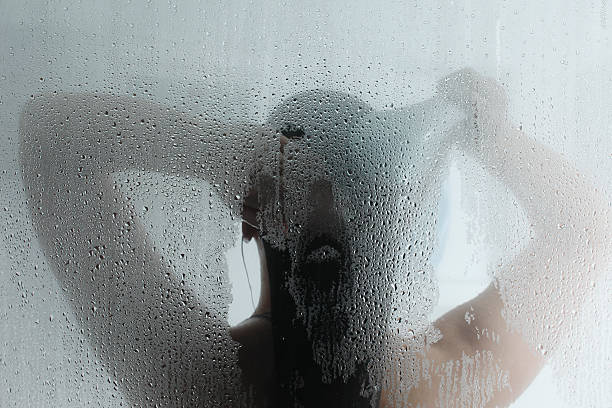
Over to You
We are confident that now that you are aware of these simple steps to preventing hair fall during the winter, you will follow them in order to maintain strong, moisturized, and smooth locks and achieve the perfect hair flip even in the winter!
Be Bodywise are active on Instagram and you can check their website for more details.
About the author(s)
Partner Content is carefully curated and socially relevant sponsored content created by FII's marketing team. It is separate from FII's editorial content and is identified as sponsored.



